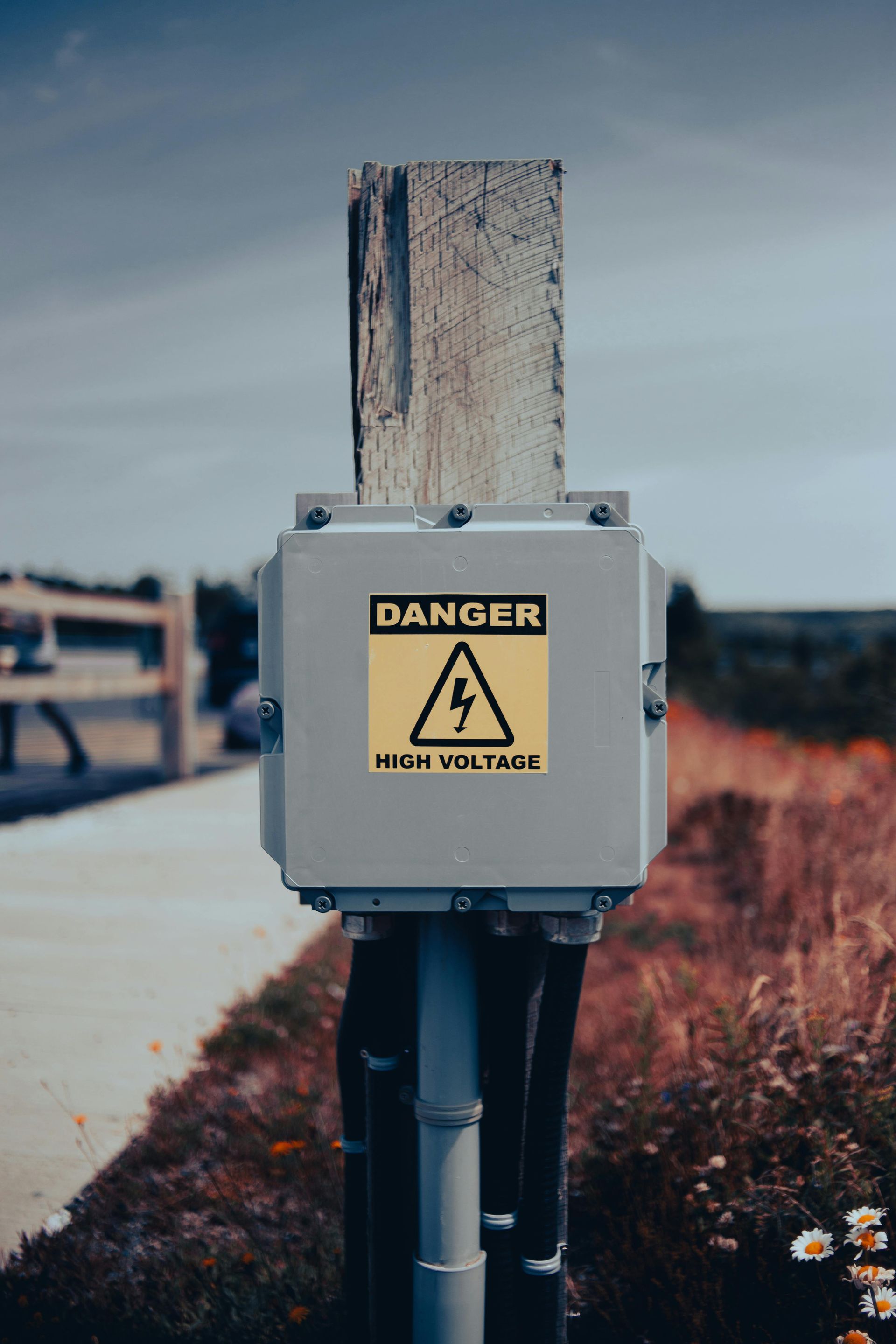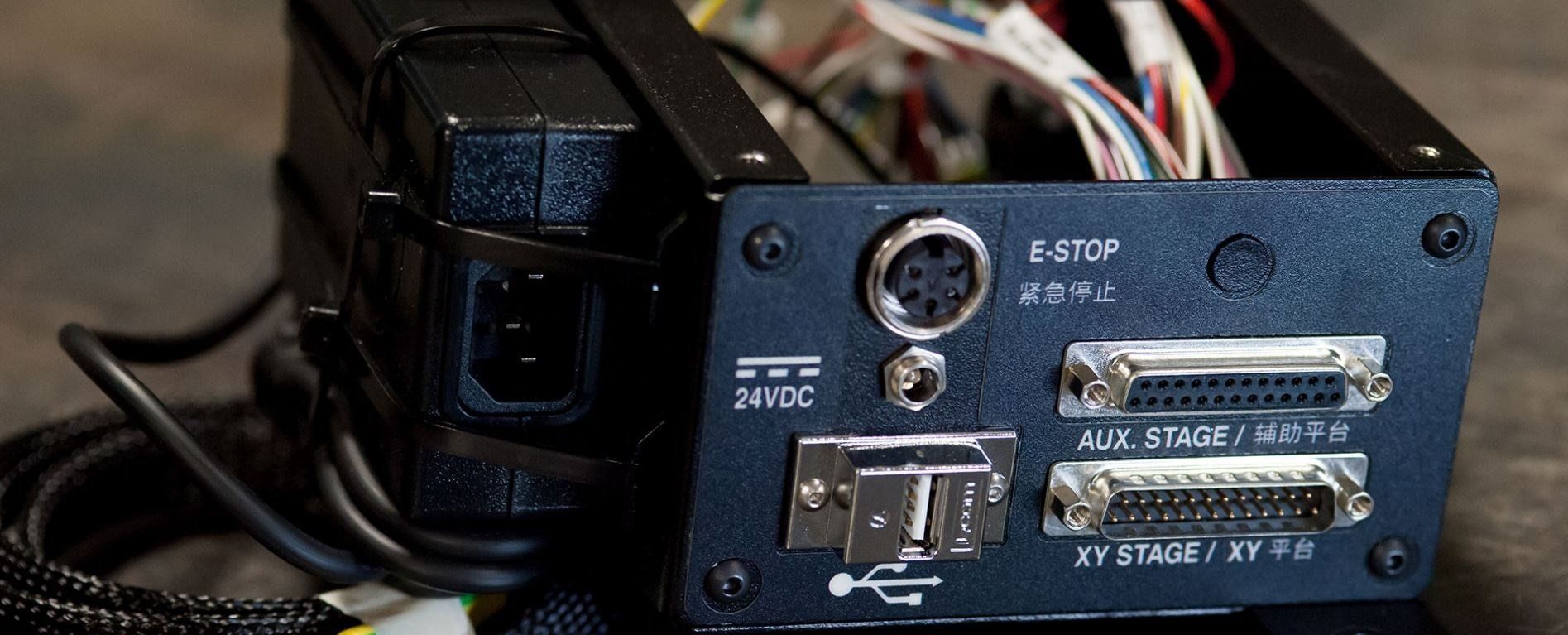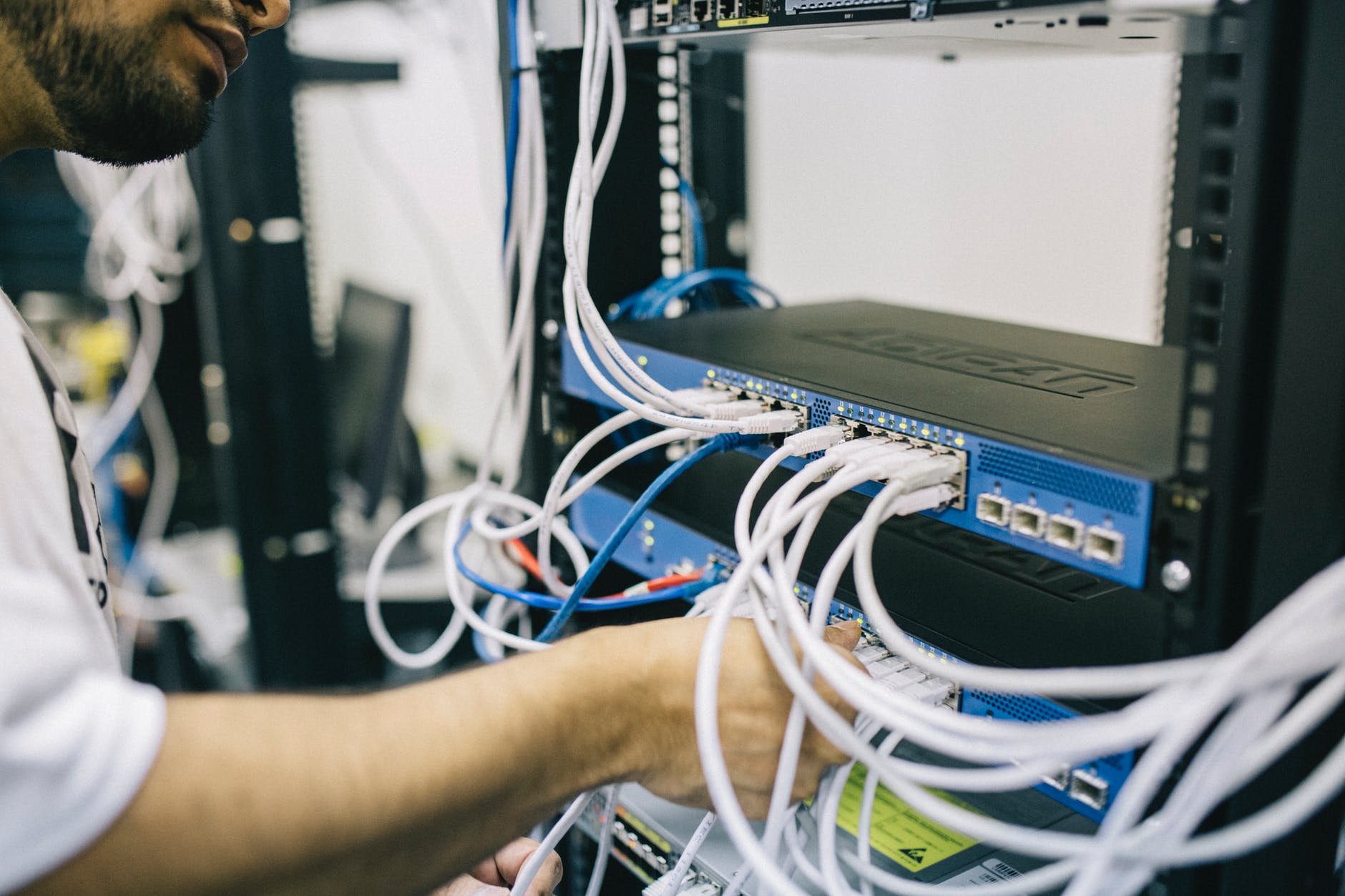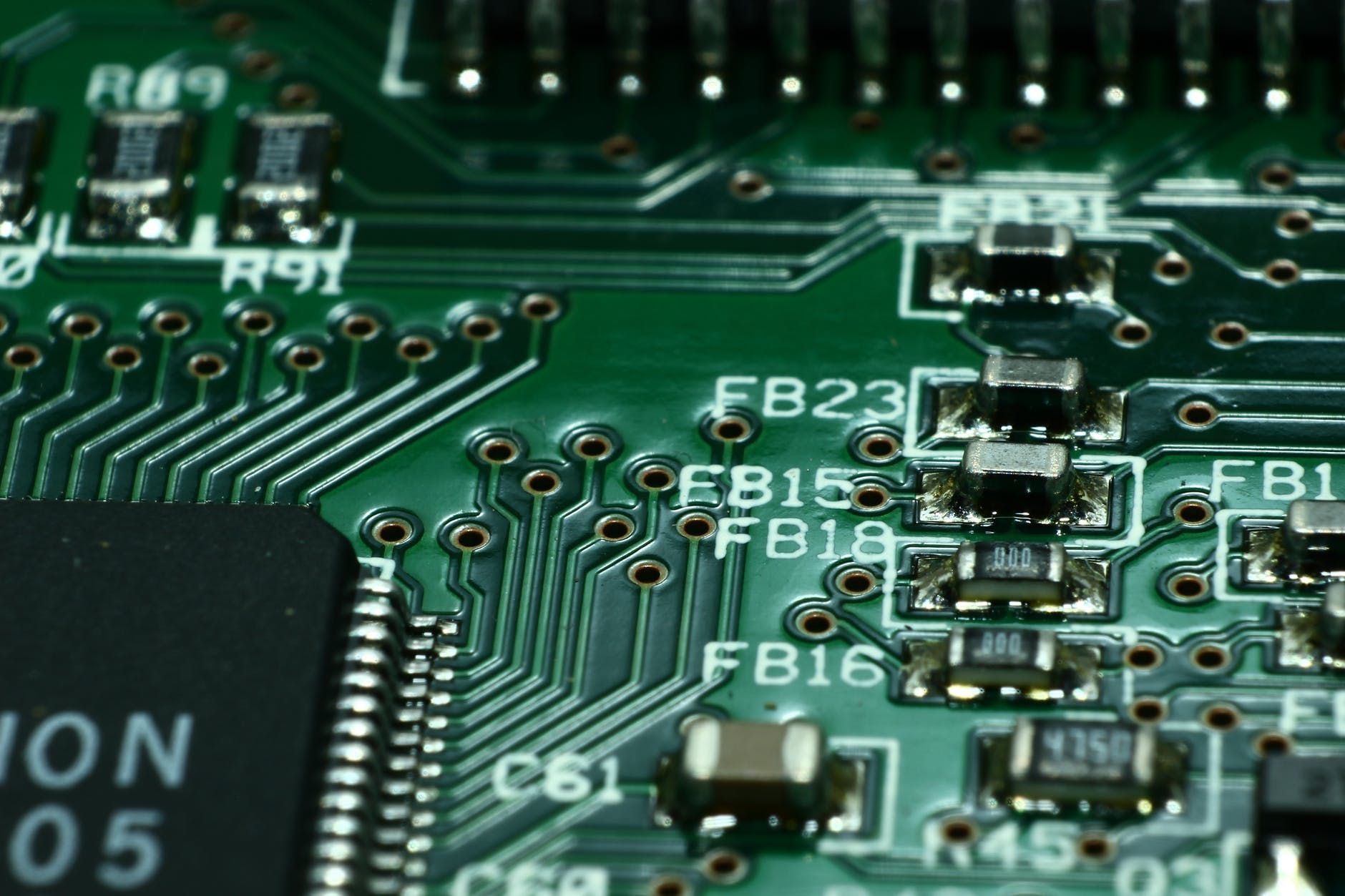The Benefits of Using LED Lighting in Industrial Settings
Industrial settings, such as warehouses, manufacturing plants, and construction sites, require reliable and efficient lighting to ensure safety, productivity, and energy efficiency. Traditional lighting options, such as fluorescent and high-intensity discharge (HID) lamps, have been widely used in industrial settings, but they have several drawbacks. LED lighting, on the other hand, offers numerous benefits that make it an attractive alternative for industrial settings.
Benefits of LED Lighting in Industrial Settings
1. Energy Efficiency: LED lighting is significantly more energy-efficient than traditional lighting options. LEDs use up to 90% less energy than HIDs and 50% less energy than fluorescent lamps. This can lead to substantial cost savings on energy bills.
2. Longer Lifespan: LEDs have a much longer lifespan than traditional lighting options. They can last up to 50,000 hours or more, compared to 10,000 to 20,000 hours for HIDs and 8,000 to 10,000 hours for fluorescent lamps. This means fewer replacements and reduced maintenance costs.
3. Improved Safety: LEDs are free from toxic chemicals like mercury and lead, which are found in some traditional lighting options. They also produce minimal heat, reducing the risk of burns and fires.
4. Increased Productivity: LEDs can improve visibility and reduce eye strain, leading to increased productivity and reduced errors. They can also be designed to provide specific lighting levels and colors to enhance task performance.
5. Design Flexibility: LEDs offer design flexibility, allowing for a wide range of lighting options, including color temperature, beam angle, and dimming capabilities.
6. Reduced Maintenance: LEDs require minimal maintenance, as they are resistant to shock, vibration, and extreme temperatures.
7. Environmental Benefits: LEDs are an environmentally friendly option, as they are free from toxic chemicals and can be recycled.
Industrial LED Lighting Applications
1. Warehouse Lighting: LEDs can provide high-bay lighting for warehouses, reducing energy consumption and improving visibility.
2. Manufacturing Lighting: LEDs can provide task lighting for manufacturing applications, improving productivity and reducing errors.
3. Construction Lighting: LEDs can provide temporary lighting for construction sites, reducing energy consumption and improving safety.
4. Parking Garage Lighting: LEDs can provide energy-efficient lighting for parking garages, improving visibility and reducing energy consumption.
Conclusion
LED lighting offers numerous benefits for industrial settings, including energy efficiency, longer lifespan, improved safety, increased productivity, design flexibility, reduced maintenance, and environmental benefits. By switching to LED lighting, industrial facilities can reduce energy consumption, improve visibility, and enhance productivity, while also reducing their environmental impact.









